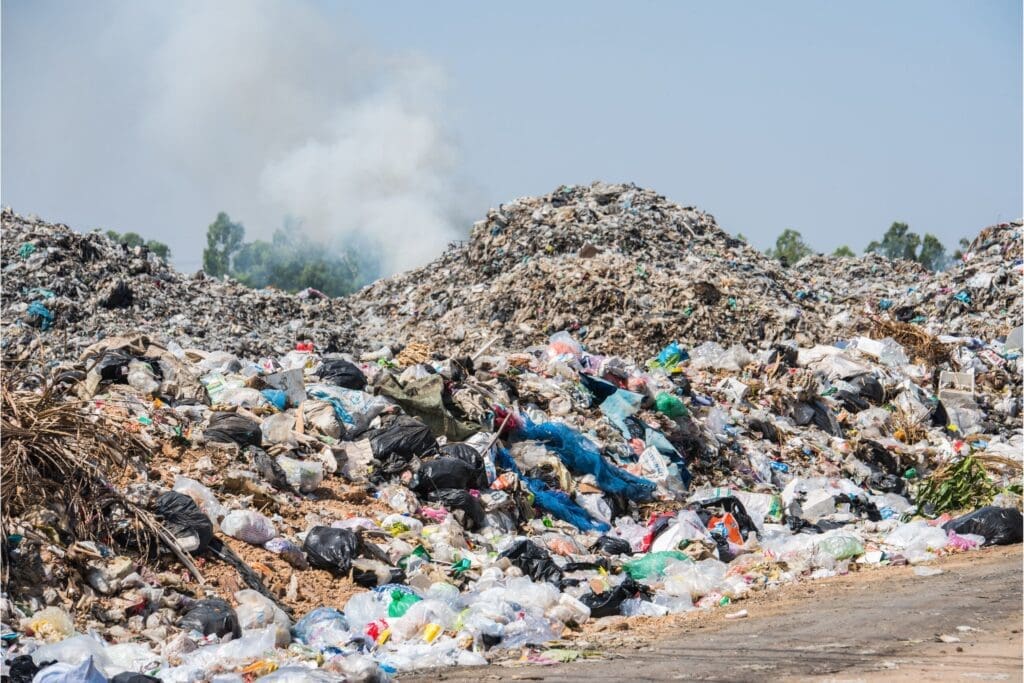AirMail - Landfill Permits
Open Landfill Permit Applications
What are Landfills and why are they an air quality concern?
Landfills are sites for the disposal of solid waste. The TCEQ (Texas Commission on Environmental Quality) requires permits for two types of landfills:
- Type 1 Landfills consist of municipal solid waste.
- Type 4 Landfills consist of yard, construction, and demolition debris. These landfills may not accept household wastes.
According to the TCEQ, there are three Type 1 Landfills and ten Type 4 Landfills located throughout Harris County.
Landfills emit various gases, including methane, carbon dioxide, nitrogen, oxygen, ammonia, and hydrogen sulfide.
Odors in landfills are primarily caused by ammonia and hydrogen sulfide, produced during the breakdown of waste.
Living close to a landfill can impact your health. The health hazards of surrounding populations may include:
- Inhalation of dust and other particulate matter
- Aggravation of asthma
- Headaches
- Eye, throat, and lung irritation (respiratory symptoms)
- Gastrointestinal problems
- Adverse pregnancy outcomes
Other related concerns include:
- Odors from waste
- Noise pollution from machinery, traffic, and dumping
- Impact to surrounding property value
Methane is a potent greenhouse gas that traps heat in the atmosphere, contributing to climate change. According to the EPA, municipal solid waste landfills are the third-largest source of human-related methane emissions in the United States.
Landfills also emit carbon dioxide, another problematic greenhouse gas.
Dr. Robert Bullard, a Houston-based environmental scholar, identified that waste sites in Houston are often located in or near Black or Brown communities, which are sometimes referred to as “sacrifice zones.” These communities bear a disproportionate burden of the waste hazards produced by the more affluent surrounding areas. Dr. Bullard defines the disproportionate impact of environmental hazards on communities of color as “environmental racism.”

